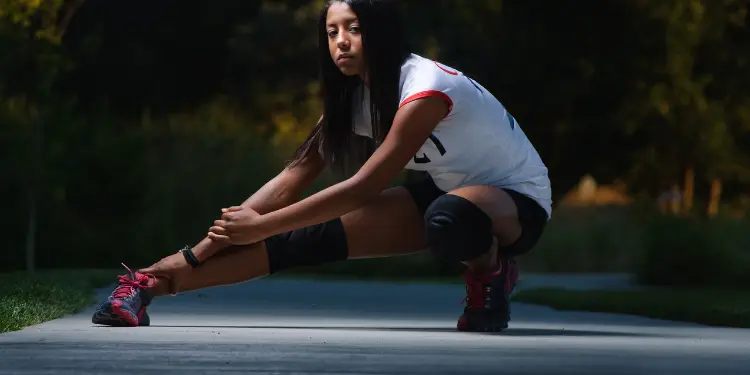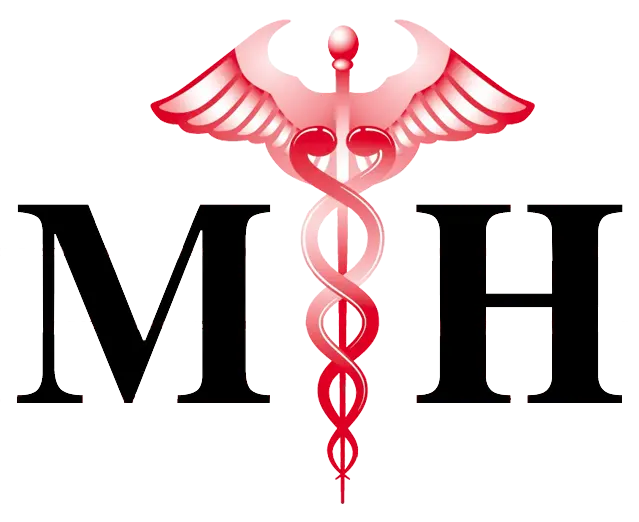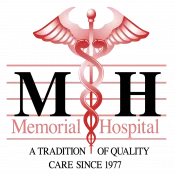Hip pain is quite common in teenage athletes because their bodies are constantly growing. A young person’s bones are growing faster than their muscles and tendons which can cause pressure and pain on the hip joints.
When these young athletes compete at a high level, they are conditioned to train and participate constantly without much regard for their bodies. Knowing the different types of hip pain and how to properly treat them can be crucial in keeping your athlete on the field, which is the goal.
What are the signs of hip pain?
Hip pain can be temporary, but chronic hip pain can develop over time. Pain is an accurate sign of hip issues. When there is a medical problem in the body, it will let you know through pain and discomfort.
If your teen is in constant pain or notices changes in the way they walk or run, it could be time to address the hip issues.
Tips to prevent hip pain
There are things a young athlete can do to prevent hip pain like stretching and light exercises. If the pain isn’t debilitating, the athlete should still try working with the hip in order to make the pain subside.
Don’t ignore the problem and continue to overuse the hip, hoping the pain will go away on its own.

Focus on stretching:
It is crucial that you stretch all of the muscles in your legs, especially the hips. Make sure those muscles are stretched and warmed up before strenuous activity. Stretch for at least 10 minutes before practice or a game.
Notify your trainer:
When your hip starts to hurt, tell someone. Don’t wait until the injury needs actual medical treatment. Trainers can modify training regimens and provide stretches and activities that can stop hip injuries before they start. The goal is to keep you on the field.
Low-impact exercises:
Your legs can take a pounding during exercises, and low-impact exercise during hip issues can help relieve any pain, getting you back on the right track.
How to manage hip pain
The key to managing hip pain is to find out what caused the pain and how to treat it. Modifying activity, or rest depending on how bad the injury is, restricting movement, and allowing the injury to heal are key to overcoming hip pain. Some trainers will provide home stretches or activities that address the hips and the muscles around the hip.
If you experience hip pain, here are a few things you can do for treatment:
- Rest your hip and keep weight off of it.
- Take over-the-counter pain relievers like acetaminophen, ibuprofen, and naproxen sodium.
- Apply ice packs to reduce swelling and pain.
- Low-impact exercises like walking, swimming, stretching, resistance, and light training.
- Take a warm bath or shower after training.
- If needed, lose 5 to 10 pounds to relieve some stress off your hips.
If you’re unable to manage your hip pain on your own, you may want to consider seeing a physical therapist.









